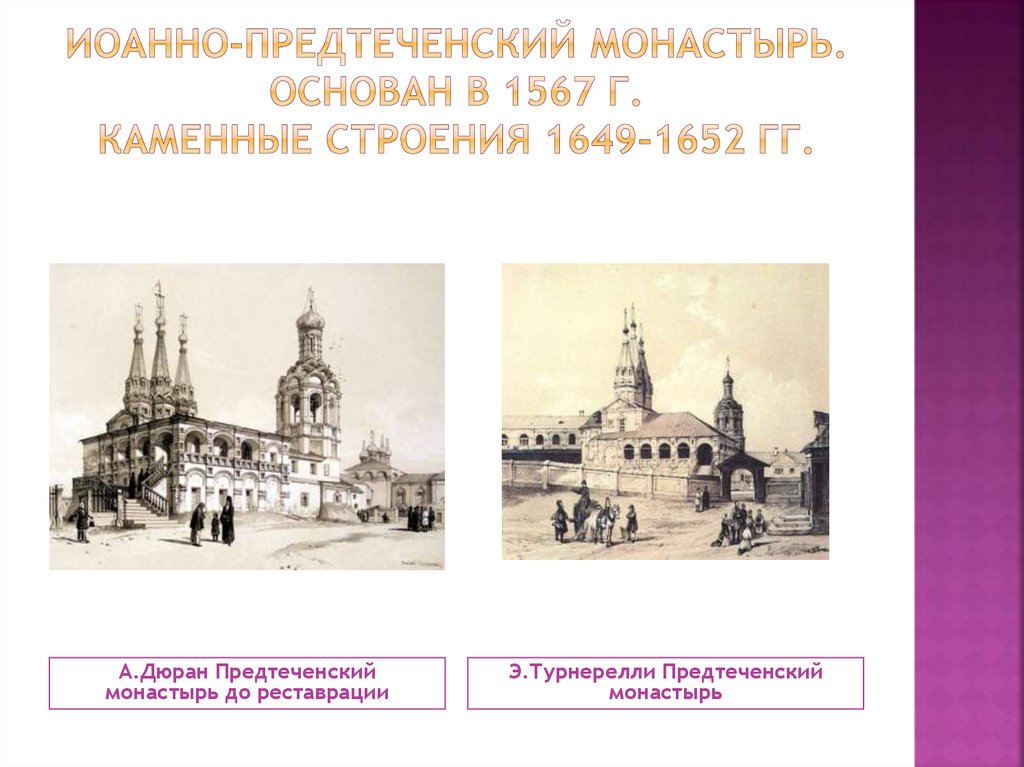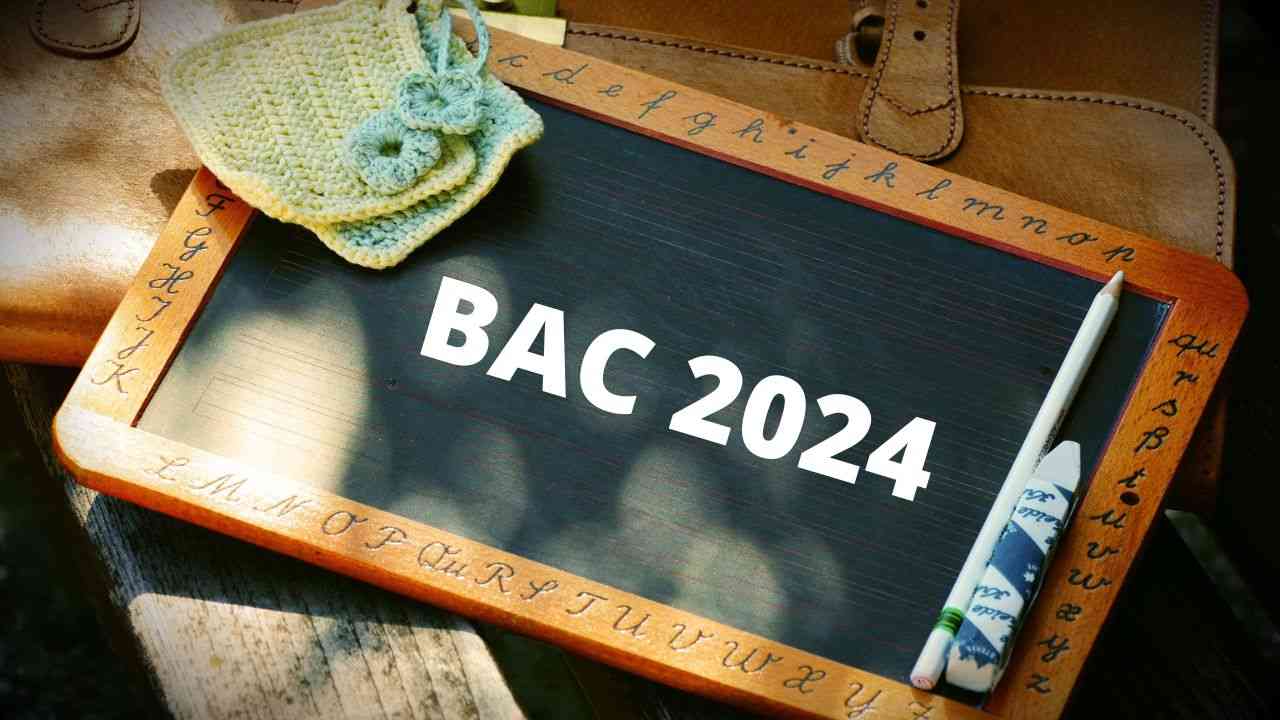US Visa Restrictions: New Rules Target Social Media Censorship

Table of Contents
Increased Scrutiny of Social Media Activity
The most significant change is the increased scrutiny of social media activity during the US visa application process. This means applicants should expect a more thorough review of their online presence.
What information is being reviewed?
The scope of the review is incredibly broad. US authorities are now reviewing a wide range of online activity, including:
- Public posts: Anything you've shared publicly on platforms like Facebook, Twitter, Instagram, and others.
- Comments: Your comments on others' posts and articles.
- Likes and shares: The content you've interacted with by liking or sharing.
- Group memberships: The groups and communities you're a part of online.
- Private messages (if accessible): While ideally private, if authorities gain access to private messages, they will be reviewed.
This comprehensive social media monitoring for visa applications aims to identify potential security risks. For example, posts expressing extremist views, involvement in criminal activity, or even casual mentions of illegal activities could raise red flags. Even seemingly innocuous content can be misinterpreted out of context.
Who is affected?
These changes affect applicants for a wide array of visa categories, impacting the visa application process for many. This includes:
- Tourist visas (B1/B2): Individuals seeking to visit the US for tourism or business.
- Student visas (F-1): Students enrolling in US educational institutions.
- Work visas (H-1B): Highly skilled workers seeking employment in the US.
- And many other visa types.
The potential impact varies across demographics. The increased scrutiny raises concerns about potential biases in the review process and the disproportionate impact on certain groups. Understanding the nuances of US immigration policy is crucial for navigating these changes.
The Rationale Behind the New Rules
The US government justifies these stricter US visa restrictions by citing concerns related to national security and public safety.
National Security Concerns
The primary rationale revolves around national security. The government argues that social media provides valuable insights into an individual's potential threat level.
- Terrorism: Monitoring social media for signs of involvement with terrorist organizations or activities.
- Extremism: Identifying individuals who hold extremist views that could pose a threat.
- Criminal activity: Detecting individuals involved in criminal networks or activities.
The government believes that analyzing social media activity can provide a more comprehensive assessment of potential risks than traditional methods. This approach aims to improve immigration security and counterterrorism efforts.
Public Safety
Beyond national security, public safety is also cited as a key concern. The government aims to prevent individuals who might pose a threat to public order from entering the country.
- Potential for violence: Posts or comments that express violent intentions or threats.
- Threats: Direct or indirect threats against individuals or groups.
- Disruptive behavior: Evidence of past disruptive behavior that could indicate future problems.
Social media posts can serve as an indicator of potential threats to public safety, providing valuable information for assessing risk.
Legal and Ethical Implications
The new rules have sparked significant debate regarding their legal and ethical implications.
First Amendment Concerns
The increased scrutiny of social media activity raises significant First Amendment concerns.
- Freedom of speech: Critics argue that the new rules infringe upon the freedom of speech, potentially chilling legitimate expression.
- Potential for bias and discrimination: Concerns exist about the potential for bias in the review process, leading to discriminatory outcomes.
The lack of transparency in the review process further exacerbates these concerns. Legal challenges are likely to emerge as individuals question the fairness and constitutionality of these restrictions. The debate centers on balancing national security with the fundamental right to due process and civil liberties.
Data Privacy Issues
The extensive collection and analysis of social media data raise serious data privacy concerns.
- Collection and use of personal data: The scale of data collection is vast, raising questions about the scope of government surveillance.
- Potential for misuse: Concerns exist about the potential for misuse of collected data, including unauthorized access or sharing.
The lack of clear guidelines on data retention and security further contributes to these concerns. The government needs to address these privacy concerns transparently to ensure compliance with relevant laws and maintain public trust.
Conclusion
The implementation of these new US visa restrictions, focusing on social media censorship, has sparked significant debate. The increased scrutiny of applicants' online activity raises concerns regarding freedom of speech, data privacy, and potential bias. While national security and public safety are valid concerns, the potential for unintended consequences and infringement on individual rights needs careful consideration. Understanding the implications of these new rules is crucial for anyone planning to apply for a US visa. Stay informed about the evolving landscape of US visa restrictions and the impact of social media on the application process. Seek expert advice if you have concerns about how your online presence might affect your application.

Featured Posts
-
 Pegula Rallies Past Collins To Win Charleston Match
May 30, 2025
Pegula Rallies Past Collins To Win Charleston Match
May 30, 2025 -
 Altwajd Almtnamy L Dwytshh Bnk Fy Alswq Alimaraty
May 30, 2025
Altwajd Almtnamy L Dwytshh Bnk Fy Alswq Alimaraty
May 30, 2025 -
 Rasakan Sensasi Baru Tiga Jet Ski Kawasaki Premium Resmi Di Indonesia
May 30, 2025
Rasakan Sensasi Baru Tiga Jet Ski Kawasaki Premium Resmi Di Indonesia
May 30, 2025 -
 Istoriya Blagoveschenskoy Tserkvi V Kontekste Kyonigsberskoy Operatsii I Figury Karpova
May 30, 2025
Istoriya Blagoveschenskoy Tserkvi V Kontekste Kyonigsberskoy Operatsii I Figury Karpova
May 30, 2025 -
 Bts 2025 Calendrier Des Epreuves Et Dates De Resultats
May 30, 2025
Bts 2025 Calendrier Des Epreuves Et Dates De Resultats
May 30, 2025
